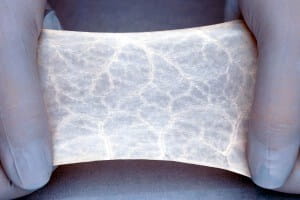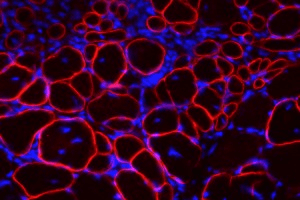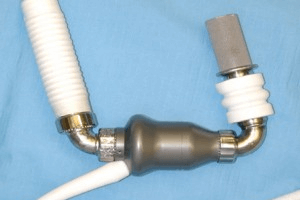Regenerative medicine seeks to replace tissue or organs that have been damaged by age, disease, trauma, or congenital issues, vs. the current clinical strategy that focuses primarily on treating the symptoms. The tools used to realize these outcomes are tissue engineering, cellular therapies, and medical devices and artificial organs.
Combinations of these approaches can amplify our natural healing process in the places it is needed most or take over the function of a permanently damaged organ. Regenerative medicine is a field that brings together experts in biology, chemistry, computer science, engineering, genetics, medicine, robotics, and other fields to find solutions to some of the most challenging medical problems faced by humankind.
When injured or invaded by disease, our bodies have the innate response to heal and defend. What if it was possible to harness the power of the body to heal and then accelerate it in a clinically relevant way? What if we could help the body heal better?
The promising field of regenerative medicine is working to restore structure and function of damaged tissues and organs. It is also working to create solutions for organs that become permanently damaged. The goal of this approach is to develop transformative healthcare solutions that will potentially cure previously untreatable injuries and diseases.
The concentrations in the field of regenerative medicine are:
Tissue Engineering and Biomaterials
Tissue engineering is a strategy where biologically compatible scaffolds are implanted in the body at the site where new tissue is to be formed. If the scaffold is in the geometric shape of the tissue that needs to be generated, and the scaffold attracts cells the outcome is new tissue in the shape desired. If the newly forming tissue is subjected to exercise as it forms, the outcome can be new functional engineered issue.
Millions of patients have been treated with some form of tissue engineered devices, yet the field is in its infancy. The primary success stories have been with soft tissue regeneration.
Learn more about some of the promising studies and clinical trials involving tissue engineering.
Medical Devices and Artificial Organs
In cases where an organ fails, the predominant clinical strategy is to transplant a replacement organ from a donor. The principal challenges are the availability of donor organs, and the requirement that the donor take immunosuppression drugs—which have side effects. Further, there are many instances where the time to find a suitable donor organ requires an interim strategy to support or supplement the function of the failing organ until a transplantable organ is found. Using circulatory support as an example, there are technologies in various stages of maturity, initially using ventricular assist devices (VADs) as a bridge to a heart transplant, and now there are VADs that are used for long-term circulatory support (destination therapy).
Scientists and clinicians around the world are developing and evaluation devices to supplement or to replace the function of many organ systems including the heart, lung, liver and kidney.
Learn more about the promising studies and clinical trials involving medical devices and artificial organs.



















